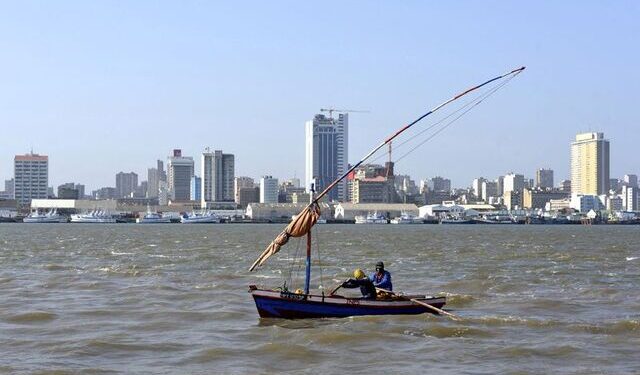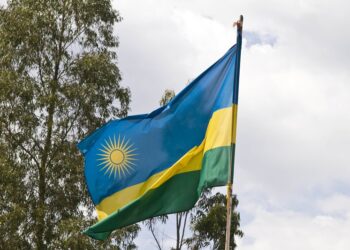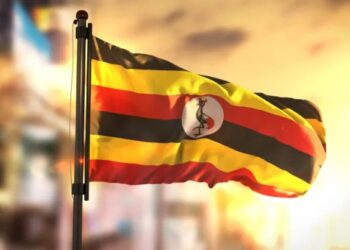Mozambique has intensified its fight against illegal fishing through a specialised training programme for maritime law enforcement launched on Monday in partnership with the Indian Ocean Commission (IOC) and the European Union (EU).
The initiative, led by Mozambique’s National Maritime Institute (INAMAR), brings together naval officers, coastal police, inspectors and magistrates to enhance investigative and prosecutorial capacity in fisheries-related offences.
The training aims to improve evidence collection and case handling in a sector plagued by unregulated activity.
Illegal, unreported and unregulated (IUU) fishing costs Mozambique an estimated $60 – $70 million annually, undermining marine ecosystems and national revenue.
Common offences include fishing without licenses in the Exclusive Economic Zone, use of unauthorised gear, harvesting protected species and transshipment of catch on the high seas.
INAMAR executive director Leonid Chimarizene said the scourge of UUI calls for coordinated and sustained enforcement, noting that “the national territory has been used as a transit route for products derived from illegal fishing, such as shark fins and abalone.”
IOC representative Tiana Randiambola noted the need for stronger national systems and regional cooperation, while EU delegate Alex Garcia reaffirmed support for sustainable fisheries governance.
The training forms part of a broader regional strategy led by the Indian Ocean Tuna Commission following a 2022 course in Mauritius.
Mozambique’s crackdown aligns with its role as host of the Southern African Development Community (SADC) Regional Fisheries Monitoring Centre and reflects growing regional momentum to curb IUU fishing and protect the blue economy.



























































